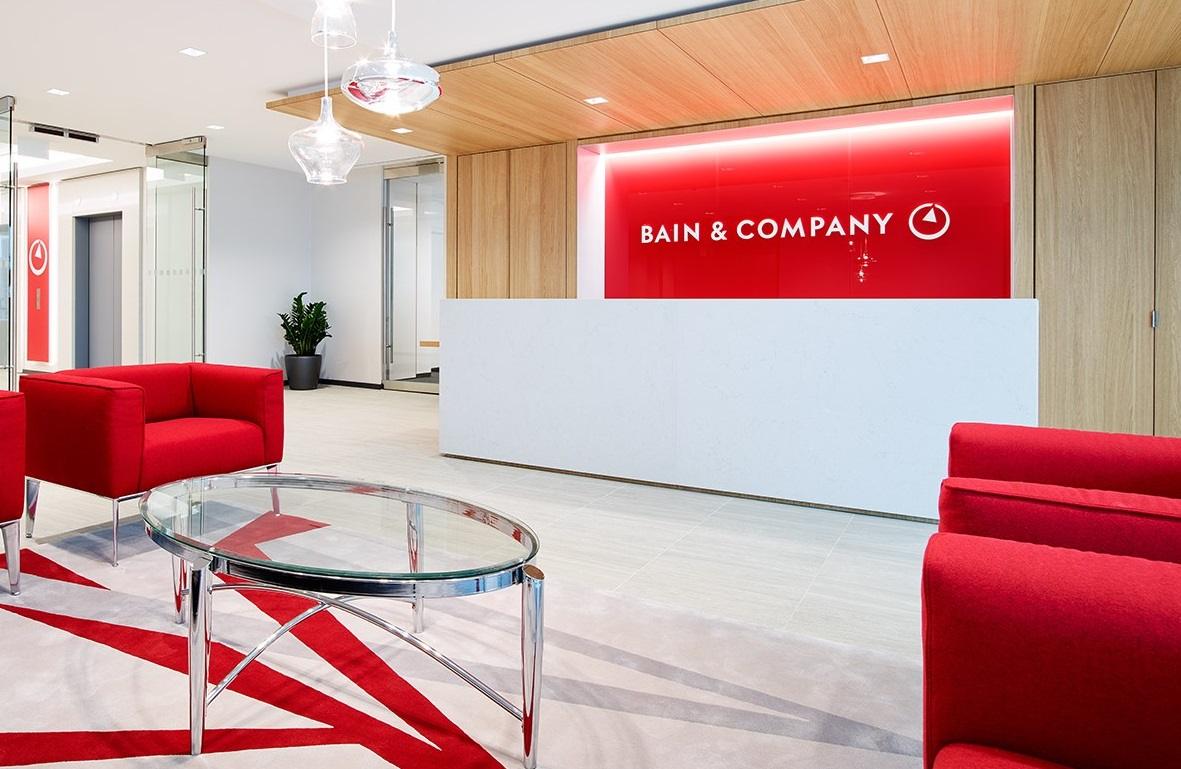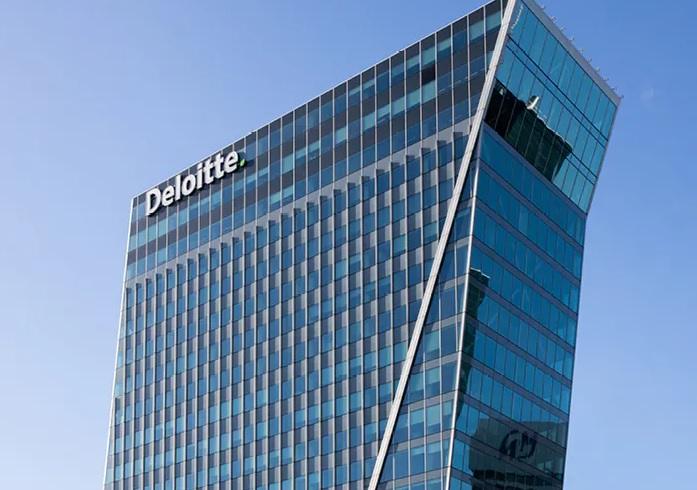Half of Corporate Buyers Plan to Drop Unsustainable Suppliers: Bain Survey
After dropping down the priority list for CEOs, sustainability has once again resumed growing in importance for corporate leaders, who now speak less about sustainability, but increasingly tie it to business value, as consumers and B2B buyers reward businesses for providing sustainable products and services, according to a new survey released by global management consultancy Bain & Company.
Among the key trends highlighted by the report is the importance placed by business to business (B2B) buyers on sustainability factors, with half of those surveyed reporting that they currently spend more with sustainable suppliers, and half also planning to drop suppliers that don’t meet sustainability criteria over the next three years.
While last year’s survey found a decline in CEOs’ prioritization in sustainability relative to other topics as companies shifted from a “hype” phase of setting sustainability commitments to the more difficult process of starting initiatives to reach those goals, the new report indicated that the importance of sustainability for CEOs has bottomed out, and increased for the first time in three years.
The resumed increase in sustainability as a CEO priority comes despite an ESG backlash in the headlines, and as executives increasingly view sustainability from a business value perspective. According to Bain’s analysis of more than 35,000 statements made by CEOs over the past several years, there has been a clear shift in business leaders views of sustainability, from a compliance and moral lens, to one focused on aligning sustainability with core business risks and operational factors. The study found, for example, that in 2025, 54% of CEOs linked sustainability to business value, up from only 34% in 2018.
Despite finding that CEOs are speaking less overall about sustainability, the report also found, however, that companies are ramping their sustainability efforts, with 10% of companies increasing their Science-Based Targets initiative (SBTi) ambitions, for example, compared with only 4% scaling back, and two thirds of companies on track to achieve their Scope 1 and Scope 2 emissions targets.
Among the 750 B2B companies surveyed for the report, Bain found that the large majority expect sustainability to have a positive impact on their business over the next three years, and that this belief is particularly strong among companies with year-over-year revenue growth greater than that of their peers, with 90% of these companies agreeing, compared with 60% of other respondents.
As B2B companies increasingly see business value in sustainability, their buying behavior is following suit, according to the survey, which found that 49% of companies are already buying more from their more sustainable suppliers, up from 39% last year, and 68% plan to do so over the next three years. Additionally, 26% of respondents are leaving suppliers that don’t meet their sustainability criteria – while this has declined from last year, 49% expect to do so by 2028, according to the survey.
Additionally, the survey found that more than 80% of B2B buyers paid a premium for their most recent purchase of a sustainable product, and that a third are currently willing to pay more than 5% extra for more sustainable products, while 60% expect to do so in three years.
The survey also found a shift in focus for B2B buyers from the sustainability of a supplier’s operations to the sustainability of the supplier’s product offering. The survey found that buyers expect “sustainability of offers” to increase to become the second top purchasing criteria – behind only “quality” – over the next three years, up from fourth place currently, while “sustainability of suppliers’ operations” is expected to remain unchanged in fifth place.
The report also included a survey of more than 14,000 consumers across 8 countries, finding that 79% reported being concerned about environmental sustainability, a slight decline from the prior year. While the large majority remain concerned about sustainability, the survey found that consumers are adopting a wide range of sustainable practices, including 49% reporting lower energy use, 46% recycling, 41% using reusable products, and 38% buying fewer disposable items. Overall, 32% of respondents reported adopting six or more sustainable habits daily, with 70% wanting to adopt more.
The consumer survey identified cost as the primary barrier to adopting more sustainable practices. In the U.S., for example, while consumers reporting that that they are willing to pay up to a 13% premium for sustainable products, Bain cited New York University data finding that there is a 28% average premium for sustainable products.
In the report, Jean-Charles van den Branden, Leader of Bain’s Global Sustainability practice, and François Faelli, Global Head of Capabilities at Bain said:
“For sustainability, 2025 is the year CEOs turned down the volume—and accelerated action. Sustainability remains a priority. Customers and consumers demand it. Risk and disruption make it essential.”
Click here to access the report.






